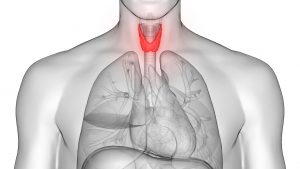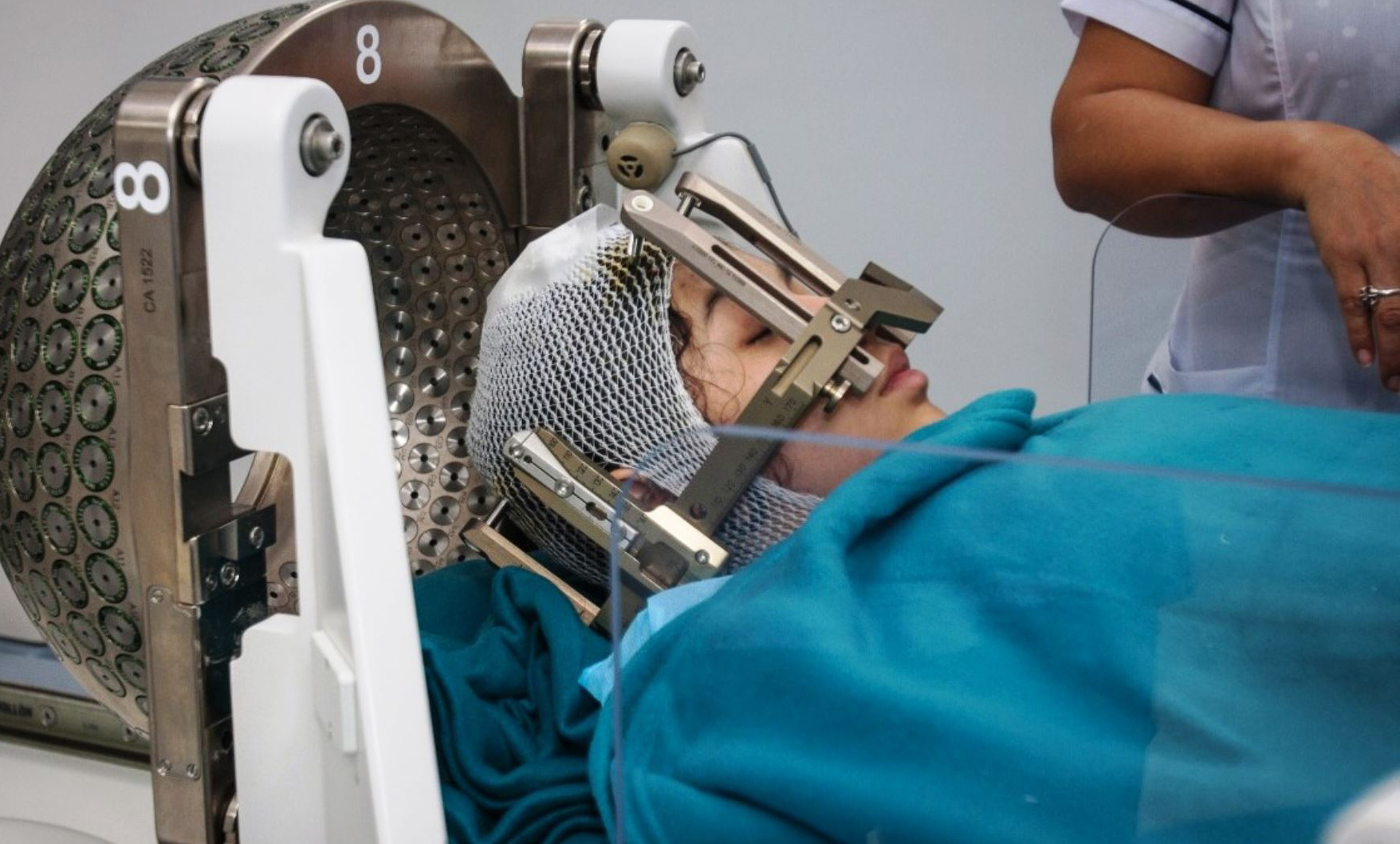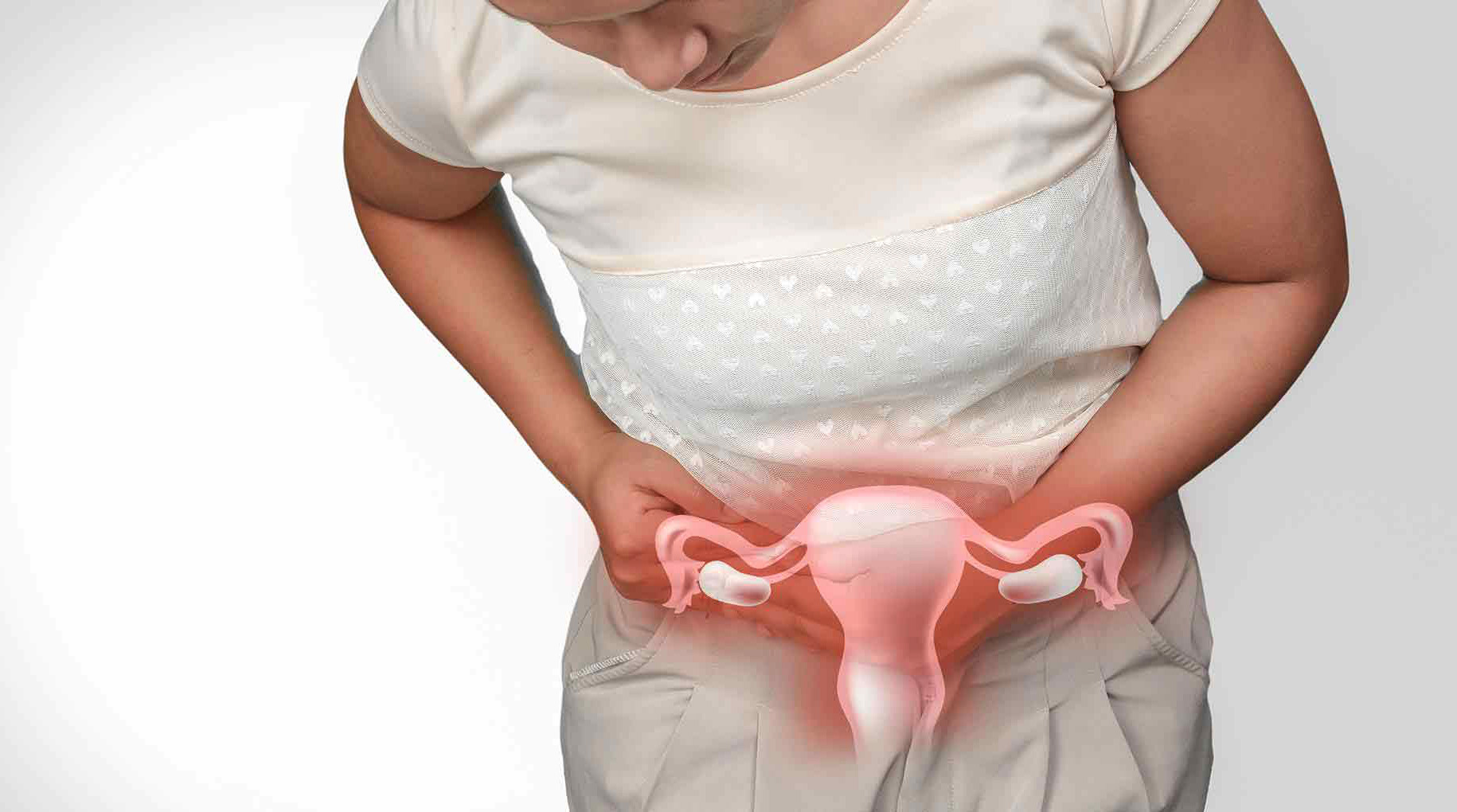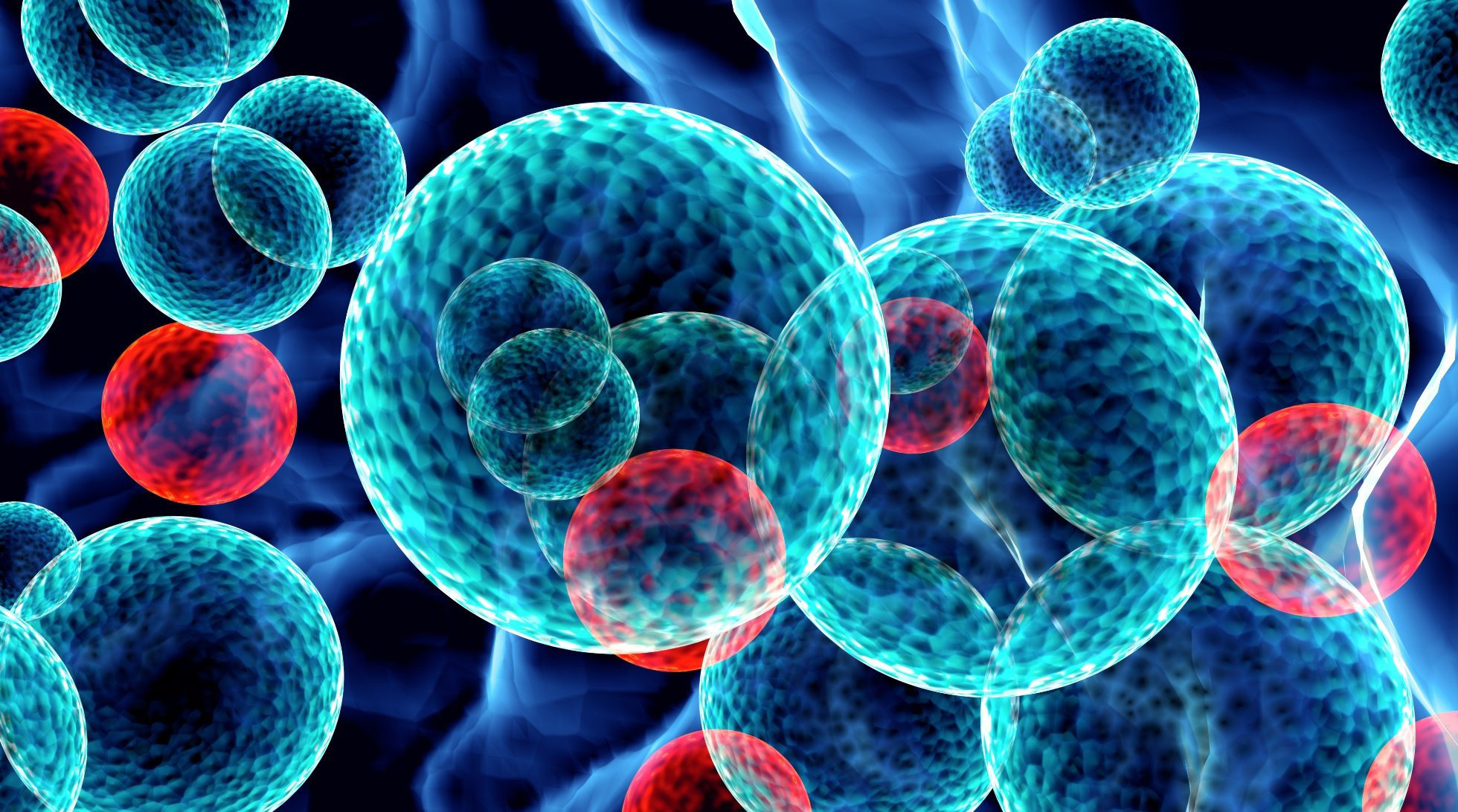Thyroid cancer is associated with several inherited conditions. Certain changes in a person’s DNA can cause the thyroid cells to become cancerous. Thyroid cancer is a disease in which malignant (cancer) cells form in the tissues of the thyroid gland. Although thyroid nodules are common, in general, they are not cancerous. Age, sex and being exposed to radiation affect the risk of thyroid cancer.
The type of treatment your doctor will recommend depends on the type and stage of the cancer, as well as your general health status.
Treatment after surgery depends on the stage of the cancer.
Treatment with radioactive iodine is sometimes used after thyroidectomy for early-stage cancers (T1 or T2, N0, M0), although the cure rate with surgery alone is excellent.
The goal is to destroy any remnant thyroid tissue and try to treat any remaining cancer in the body.
Short-term side effects of RAI treatment may include: Swelling and pain when feeling the neck. Nausea and vomiting. Swelling and pain in the salivary glands.
 Radioactive iodine therapy is a nuclear medicine treatment for an overactive thyroid (a condition called hyperthyroidism) and can also be used to treat thyroid cancer.
Radioactive iodine therapy is a nuclear medicine treatment for an overactive thyroid (a condition called hyperthyroidism) and can also be used to treat thyroid cancer.
The total dose of external radiation therapy is usually divided into smaller doses called fractions. Most patients receive radiation treatments daily, 5 days a week (Monday through Friday) for 5 to 8 weeks. Weekend recesses allow normal cells to recover.
Learn more about your health and well-being at Pharmamedic.









